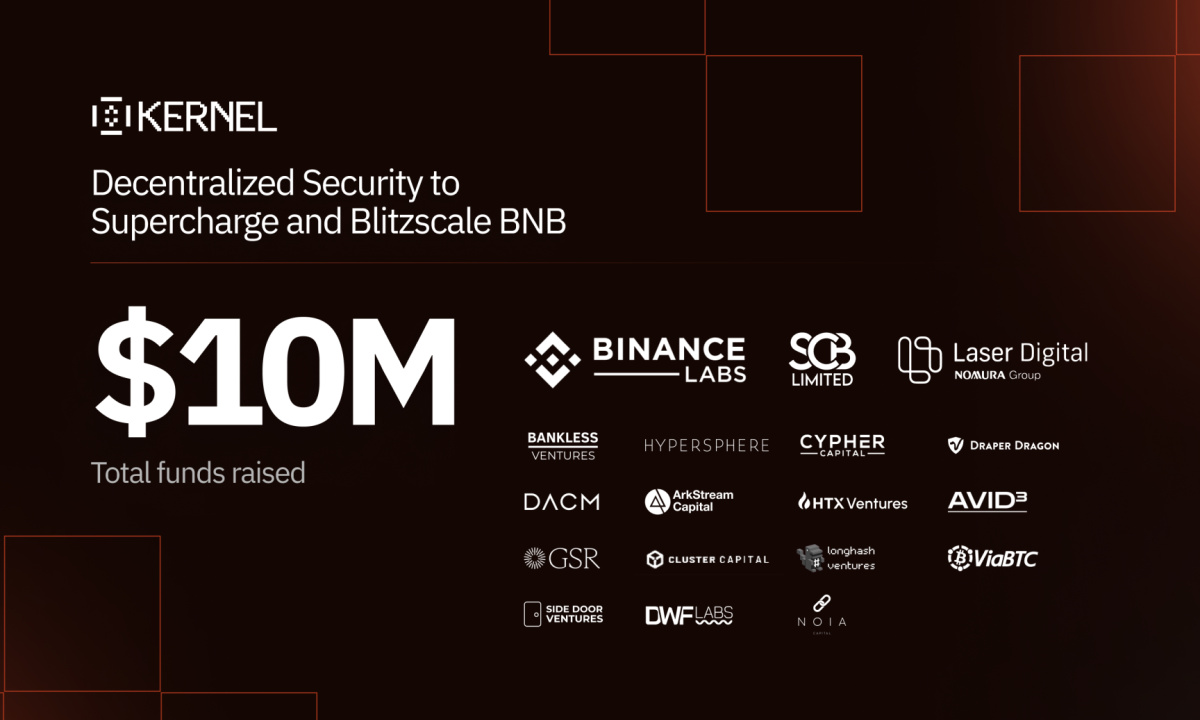
- Binance to delist LTC/BUSD and DOGE/BUSD perpetual futures contracts on August 24th.
- Interim leverage limit reduced to 10x ahead of delisting. Part of broader removal of BUSD-tied offerings.
- Seen as preemptive measure amid heightened regulatory pressure on the exchange from agencies like SEC.
Binance, the largest global cryptocurrency exchange, recently announced it will delist two popular trading pairs involving Litecoin (LTC) and Dogecoin (DOGE) starting August 24th.
The pairs in question are LTC/BUSD and DOGE/BUSD perpetual futures contracts. These derivatives allow traders to speculate on the future price of Litecoin and Dogecoin against Binance’s stablecoin BUSD with leverage of up to 125x.
However, in the interim period before the delisting, Binance has already slashed the maximum leverage limit on these contracts to 10x. This impacts all open positions, not just new trades.
The removal of select perpetual futures pairs is part of a broader trend on Binance to pare back offerings tied to its proprietary BUSD stablecoin. Binance has also distanced itself from tokens facing increased regulatory scrutiny, like Cardano.
Analysts predict Binance’s decision is a follow-up of SEC’s scrutiny
Some analysts speculate these restructuring efforts are a reaction to the heightened pressure Binance is facing from agencies like the Department of Justice and SEC. The exchange is currently embroiled in various investigations and lawsuits related to allegations of market manipulation and more.
Most recently, Binance petitioned a court to limit the SEC’s questioning of witnesses to matters directly relevant to an insider trading case. The request was forwarded to a magistrate judge for review.
While the delisting may frustrate traders who have come to rely on these popular contracts, Binance asserts that periodically reevaluating its product lineup is crucial to maintaining regulatory compliance and user security. However, only time will tell whether the latest removals are isolated or part of a more extensive exchange overhaul.







